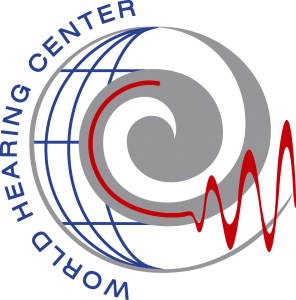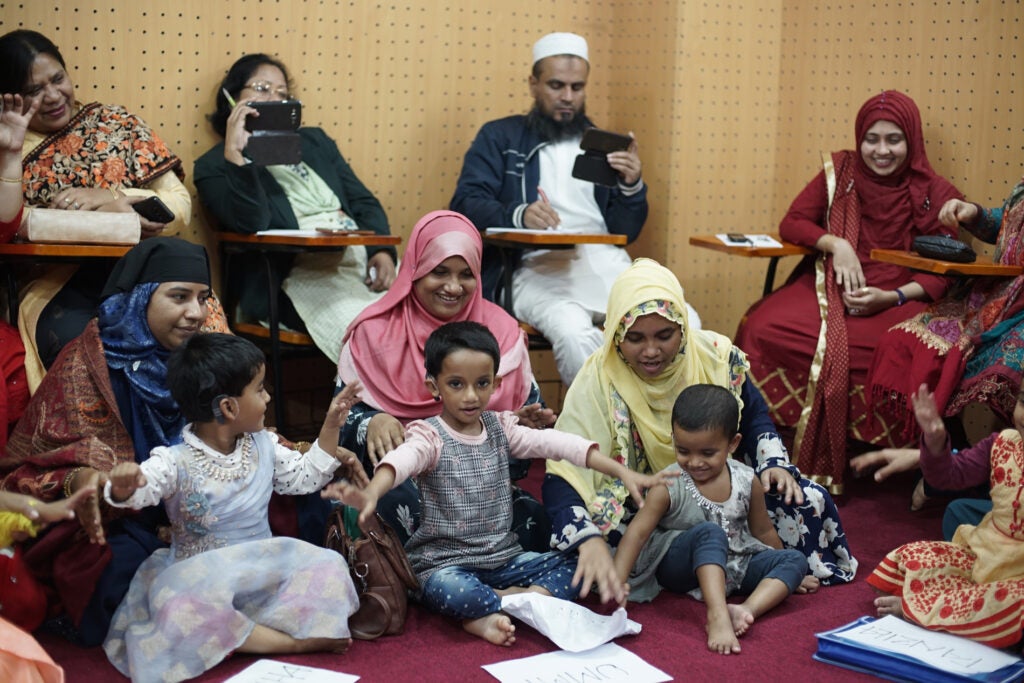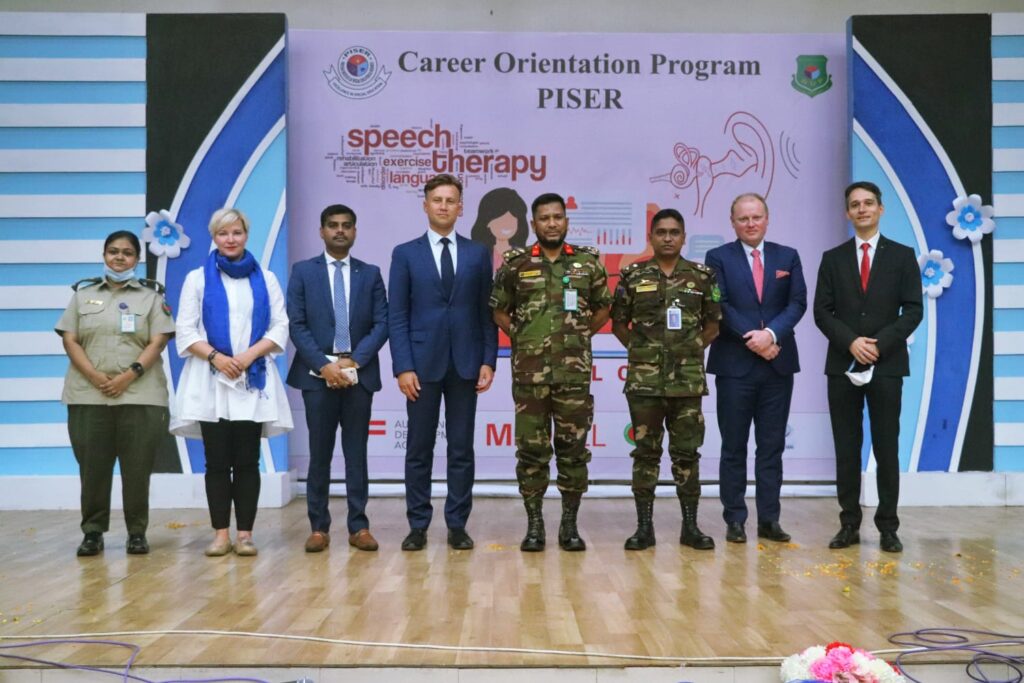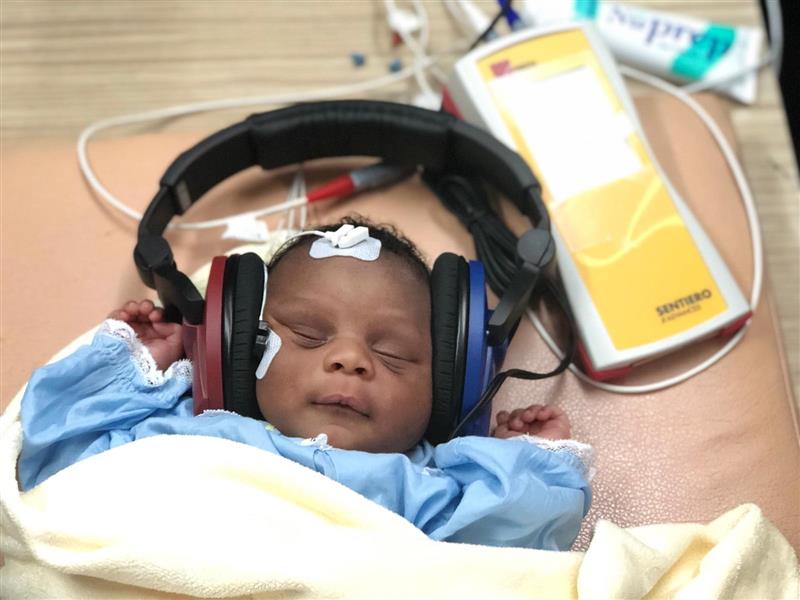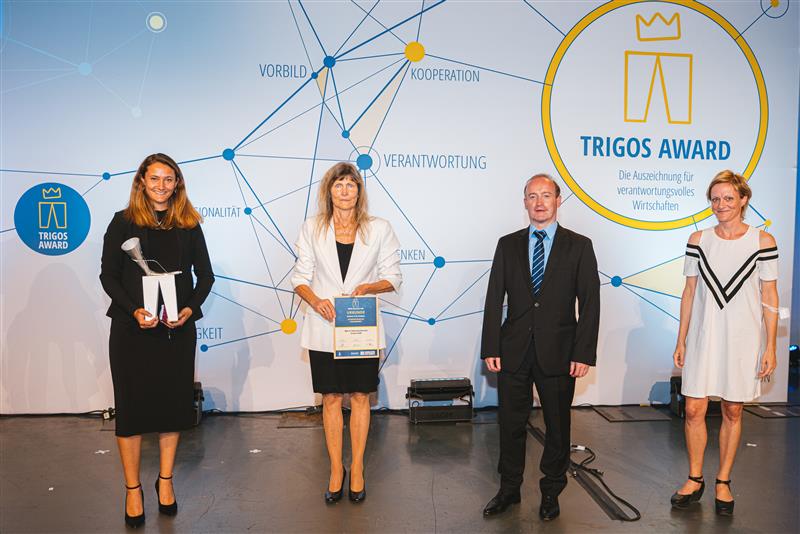Thanks to the interactive presentations in both English and Twi, the families were actively involved in discussions and practical activities. They also asked and answered questions and shared experience which encouraged parents who were at the early stages of their children’s hearing journey. All the participants were highly appreciative of the knowledge and tools they got, as well as of the opportunity of networking with other families.
The Austrian Development Agency (ADA), the operational unit of Austrian Development Cooperation, seeks to ensure that sustainable development works to the benefit of all people in Africa, Asia, Southeast Europe and the South Caucasus. Together with partner countries, public institutions, civil society organisations and businesses, ADA is currently implementing projects and programs with a total volume of 500 million euros.
MED-EL is a family-owned company founded by two renowned scientists, Doctor Ingeborg Hochmair and Professor Doctor Erwin Hochmair in 1990. The company creates solutions to address all kinds of hearing loss. Its cochlear implants and other products help people with hearing loss all over the planet to (re)discover the beautiful world of sounds.
